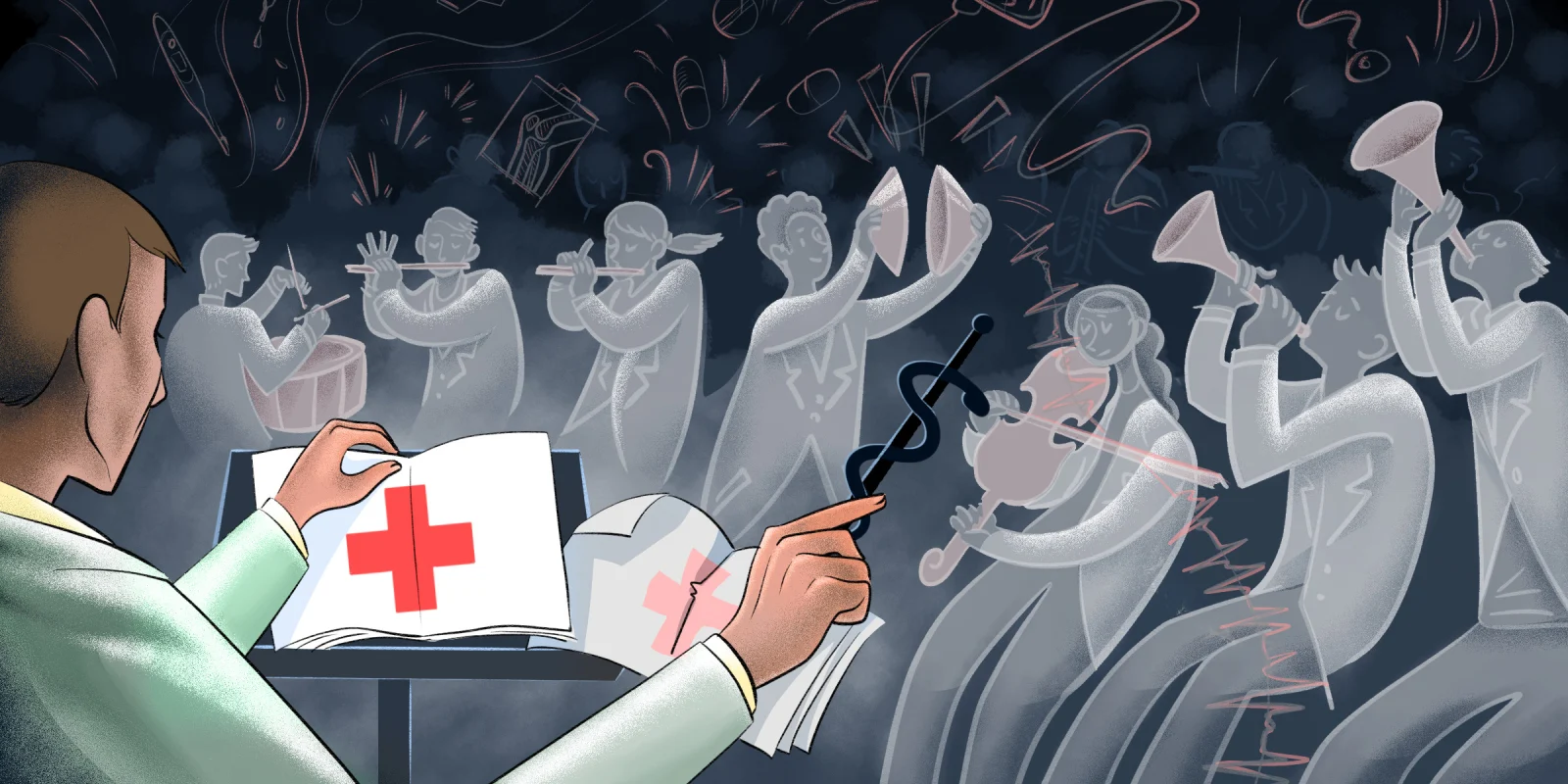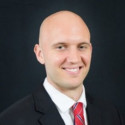Dear Intern,
As you prepare to transition to supervising resident, I believe there are a few things you should consider, items you won’t find in any textbook, database, or lecture. You are probably already receiving counsel about the clinical and technical aspects of the job, which feel so imposing right now. However, the truth is, you will learn them; the system is foolproof in ensuring that, by the sheer volume of your clinical experiences.
The problem is, when you have mastered the clinical and technical aspects of the job, if you have not paid attention to cultivating the (less-emphasized) moral part of the practice, you will be left bereft of those qualities which the sick you care for and the learners who follow you so desperately seek in their physicians: patience, compassion, and humility. As one who recently stood on the precipice of this promotion and made plenty of mistakes in the process, here are a few thoughts to consider as you make this transition yourself.
Infuse your learners with agency.
The intern role is one that involves massive responsibility with very little agency. It elicits all the necessary stress associated with caring for sick people, without the corollary sense of fulfillment that comes with making (and owning) consequential decisions. Your role, then, is not merely to teach or supervise, but to seek out every opportunity to infuse agency into the interns you work alongside, building up their sense of worth, import, and self-efficacy in the complex system of medical teamwork you all co-inhabit.
Such “infusion of agency” requires prudence; allowing a July intern to make decisions unsupervised is not a wise exercise of this. However, you can work toward this goal by making it a habit of asking for the intern’s plan on rounds before answering yourself; by cultivating an environment hospitable to disagreement about ambiguous medical decisions and not viewing dissent here as a threat; or by asking earnestly for feedback about how you can improve your own performance, rather than exclusively providing your intern unidirectional feedback.
Embrace uncertainty, and respond to it with integrity.
Uncertainty and ambiguity are baked into the work of clinical medicine. Indeed, learning to act in the face of complex information in a way that a simple algorithm or medicine-bot would be unable to is what constitutes a wise clinician. However, this ability to move forward in the face of uncertainty requires an epistemic humility that is too often lacking among practitioners, and is often especially lacking among medical trainees. We, too, frequently receive the message that admitting uncertainty is a sign of weakness or deficiency of knowledge, and are tacitly (if not explicitly) encouraged to “fake it until [we] make it.” Here is some hard-earned wisdom for you, though: You never make it. You will always feel insecure about your medical knowledge and anxious about the central challenge of medicine: making decisions with insufficient information at hand.
Your job, then, is to admit when such ambiguity or uncertainty exists, to acknowledge the limits of your own intellectual prowess, to ask for help when such situations dictate this, and ultimately, to proceed even if the solution you arrive at may be less than perfect. This honesty about uncertainty and the limits of your knowledge is crucial for your own intellectual survival. For to pretend that we have all the answers condemns us to hubris when our decisions are successful and to self-condemnation when our decisions fail. Neither response is healthy, as neither acknowledges the significant extent to which the outcomes we face in medicine are subject to innumerable extenuating factors that limit and mediate our control. Thus, acknowledging our limits here (ironically) results in our liberation from such an oppressive sense that we must always have it all figured out. And it simultaneously sets a profoundly important example to the trainees you work with to do the same thing.
Eschew traditional evaluations of medical knowledge; focus on the process.
We have all had that seminal (and undesirable) experience of an attending physician firing off some esoteric question related to their own specialty on rounds while we furiously mine our memories for where the answer may be lying dormant. The response to not knowing in such situations is equally ubiquitous: The sense that we are insufficient as physicians, as if our timely retrieval of esoterica is a prerequisite for any career of consequence in medicine.
At the risk of sounding paternalistic here, please heed my advice: Reject this antiquated notion of medical knowledge evaluation, so-called “pimping.” Do not allow it to be a referendum on your knowledge, and certainly not your worth as a physician. The truth is, such a system of evaluation was (arguably) at one time important, when the only way to find the answer to such a question was to lumber over to a physical library and look it up in a book. In contrast, today we have vast sums of information containing the answer to all these items of crass memorization available at our fingertips. Thus, you should spend much less time focusing on easy-to-memorize (and easy-to-forget) facts, and more time focused on learning the complex processes underlying the pathophysiology you encounter. This involves significant practice and time, just like rote memorization does, but represents a far more robust and enduring investment of intellectual effort that will allow you to answer “how” things happen, and not just the “what” questions.
In closing, my final encouragement is that you seek to remember the challenges of intern year. I have become increasingly convinced that most of our shortcomings in medicine are due less to malice than to memory, or lack thereof. Therefore, remember what it feels like both to be unwell, and to be the person in place of disempowerment, for it is only here, in these spaces of discomfort and vulnerability, that true empathy can enter, settle, and spur us on.
Sincerely,
A Very Humbled Resident
What advice do you have for new supervising residents? Share in the comments.
Ben Frush is a former fellow at the Theology, Medicine, and Culture Initiative at Duke Divinity School, where he earned his master's in Christian studies. He is interested in medical ethics, especially in the moral formation process that occurs during medical training. He has no conflicts of interest to disclose.
Illustration by April Brust







